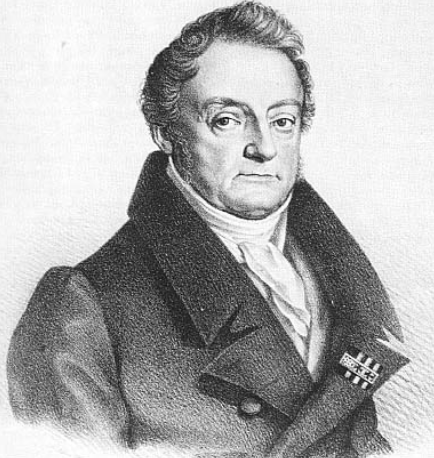Count Waldstein and Beethoven: A Crescendo of Support
Count Waldstein and His Patronage of Beethoven: A Crescendo of Support
In the pantheon of great composers, Ludwig van Beethoven stands as a towering figure whose works continue to resonate with audiences worldwide. Behind his prodigious talent and enduring legacy, there were several patrons who recognised his genius and provided the support necessary for his development. Among these patrons, Count Ferdinand von Waldstein holds a special place. His early encouragement and patronage of Beethoven were instrumental in shaping the career of one of music's greatest luminaries.
The Noble Patron: Count Ferdinand von Waldstein
Count Ferdinand Ernst Gabriel von Waldstein (1762-1823) was a Bohemian nobleman, soldier, and a passionate supporter of the arts. Born into an aristocratic family with a strong tradition of patronizing the arts, Waldstein was well-educated and cultured, with a deep appreciation for music. His dedication to fostering musical talent led him to become a significant benefactor to Ludwig van Beethoven during the composer's formative years.
Ludwig van Beethoven: The Budding Genius
Ludwig van Beethoven (1770-1827) is celebrated as one of the greatest composers in the history of Western music. Known for his symphonies, sonatas, and string quartets, Beethoven's music broke new ground and paved the way for the Romantic era. However, before he became the legendary figure we revere today, Beethoven was a young, ambitious musician seeking opportunities and support to hone his craft.
The Patronage
Count Waldstein's patronage of Beethoven began in the late 1780s when Beethoven was still in Bonn, his hometown. Waldstein recognized the young composer's extraordinary talent and took him under his wing, providing financial support, mentorship, and access to a network of influential contacts.
One of the most significant contributions Waldstein made to Beethoven's career was his role in facilitating the young composer's move to Vienna. Vienna was the cultural capital of Europe at the time, and it offered unparalleled opportunities for artistic development. In 1792, Waldstein wrote a famous letter of recommendation for Beethoven, addressing him as a "young giant" and predicting that he would receive "the spirit of Mozart from the hands of Haydn." This letter not only provided Beethoven with a strong endorsement but also connected him to the illustrious circles in Vienna.
The Impact on Beethoven's Career
The support from Count Waldstein had a profound impact on Beethoven's early career. Waldstein's encouragement and belief in his talent provided Beethoven with the confidence and means to pursue his ambitions in Vienna. Once there, Beethoven studied with Joseph Haydn and quickly established himself as a formidable pianist and composer.
Waldstein's influence is also immortalized in Beethoven's music. The "Waldstein Sonata" (Piano Sonata No. 21 in C major, Op. 53), composed in 1803-1804, is named in honor of the Count and is one of Beethoven's most celebrated piano sonatas. This sonata is a testament to their friendship and Waldstein's significant role in Beethoven's life.
The Legacy
The relationship between Count Waldstein and Ludwig van Beethoven exemplifies the transformative power of patronage in the arts. Waldstein's early support provided Beethoven with the resources and opportunities he needed to grow as a musician and composer. Their partnership highlights how enlightened and strategic patronage can help nurture and develop extraordinary talent.
Waldstein's legacy as a patron of Beethoven is etched in the annals of music history. His foresight in recognizing and supporting Beethoven's potential allowed the composer to flourish and create works that have become cornerstones of the classical repertoire. Today, Beethoven's compositions are celebrated worldwide, and the role of patrons like Count Waldstein in his journey serves as a reminder of the critical importance of support and mentorship in the arts.
As we listen to Beethoven's symphonies, sonatas, and other masterpieces, we are reminded of the pivotal figures who stood behind the scenes, offering their support and encouragement. Count Waldstein's patronage was a crucial element in the development of Beethoven's genius, contributing to a legacy of music that continues to inspire and move audiences to this day.

